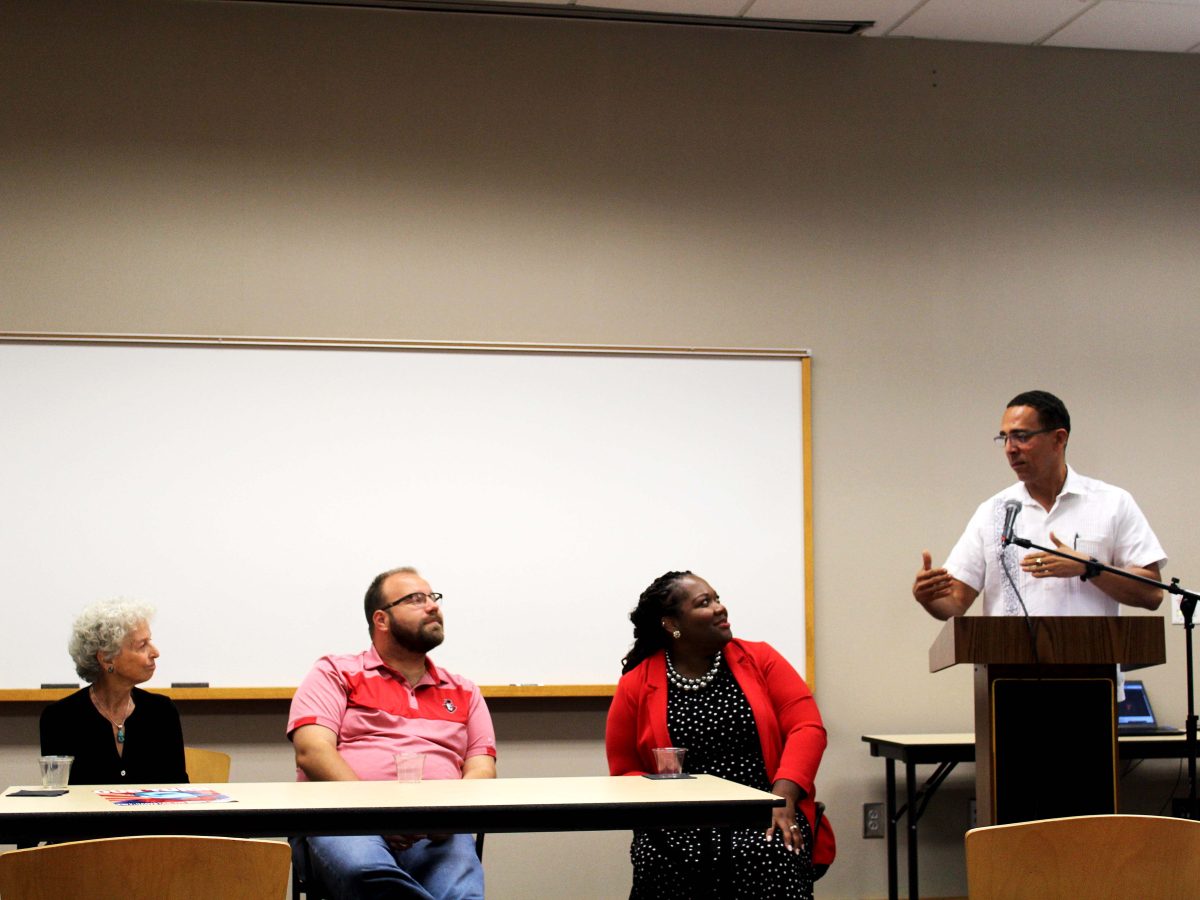Supreme Court Justice Antonin Scalia’s assertion that African-Americans perform better at lesser-performing schools is non-factually based ramblings at best and insidiously racist rhetoric at worst.
Justice Scalia’s remarks came during the second hearing for the Fisher v. University of Texas Austin case, wherein plaintiff Abigail Fisher is suing the University of Texas at Austin for not admitting her, on what she thinks is because of racial bias.
Fisher, who is white, did not meet the criteria to gain admittance to the university.
University of Texas at Austin accepts all students who graduated in the top 10 percent of their high school class. If a student does not graduate in the top 10 percent of their class, they can still gain admittance if their standardized test scores are high, have an exceptional essay and are highly involved in community service.
Fisher did not graduate in the top 10 percent of her class. Her SAT score was 1180 out of 1600.
According to the Washington Post, 47 applicants were accepted in Fisher’s year who had lower grades and test scores than hers. Fourty two of those applicants were white.
One hundred sixty eight applicants who were equally or more qualified for admission into the University of Texas at Austin were denied admission. They were also African-American or Hispanic.
This case, which could end affirmative action as we know it, is based on little more than a white girl’s incorrect assumption that she was denied admission to a university based on race.
This case also seems to have brought out the worst in Scalia, who was appointed by then President Ronald Reagan in 1986.
Scalia is the longest-serving justice in the court and has long been an opponent of affirmative action.
His remarks that African-Americans would do better at lesser-performing schools have been met with much dissent from within the African-American alum network of the University of Texas at Austin who began the hashtag #StayMadAbby in opposition to Scalia and the case.
Scalia does have a point though. Anyone who is enrolled in a less-performing school would probably excel more than at a high-performing school, as the standards and work load are probably lesser.
The Supreme Court is doing little more than wasting time by hearing Fisher’s case again.
Not only was Fisher denied acceptance to the university because of her lack of academic credentials, but she has since graduated from Louisiana State University.
Why she has continued to appeal this case is beyond any stretch of the imagination, especially since she didn’t lose anything, save for the $100 application fee to the University of Texas at Austin.
Hopefully, the court will put this measure to bed, affirmative action will remain intact and Scalia and Abby can stay mad together.





